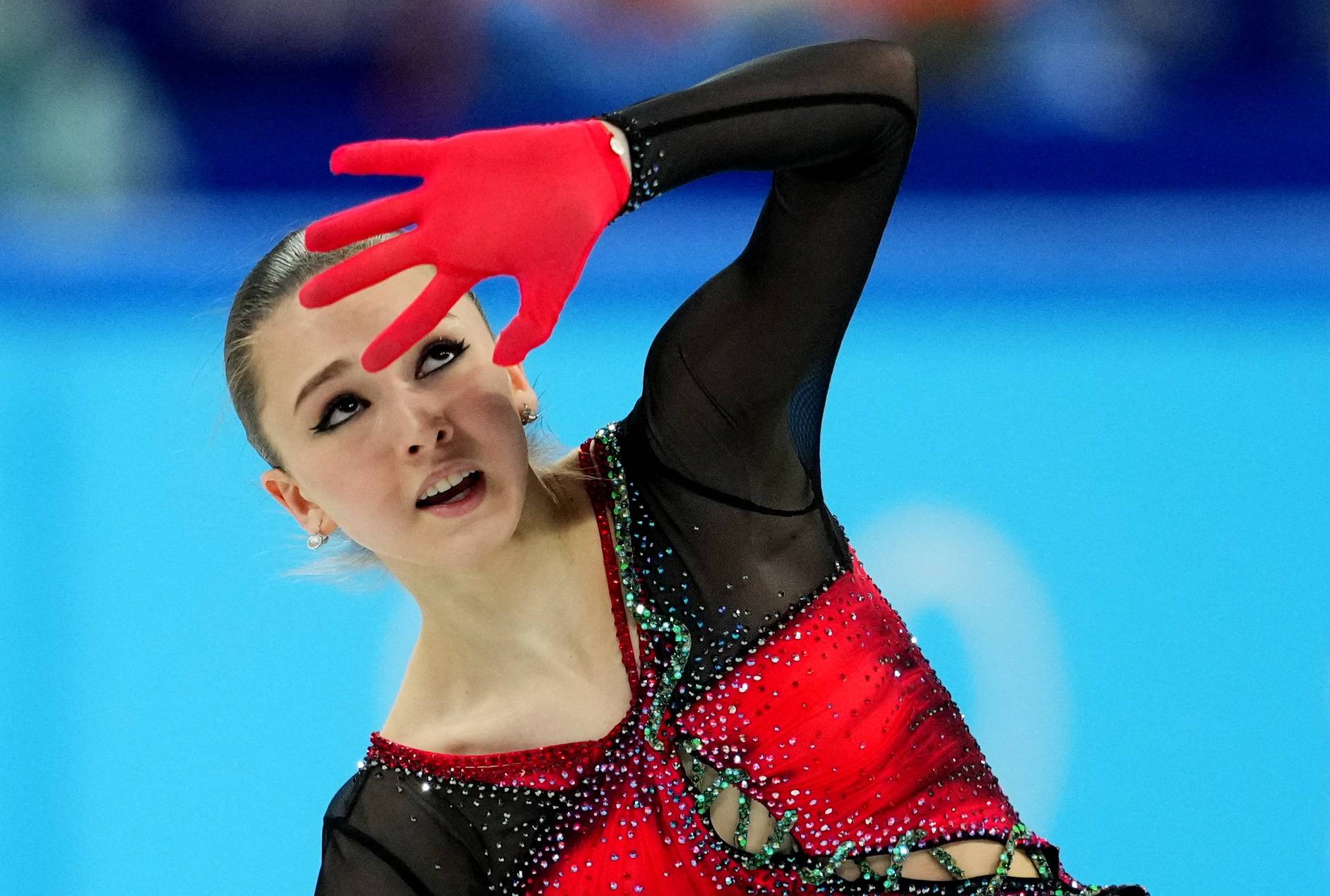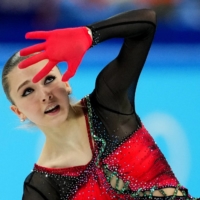Kamila Valieva's doping case hearing, which involves the Russian Anti-Doping Agency (RUSADA), International Skating Union (ISU) and World Anti-Doping Agency (WADA) will be held from Sept. 26 to 29, the Court of Arbitration for Sport (CAS) said on Thursday.
Valieva tested positive for the banned substance trimetazidine at the Russian national championships in December 2021, but the result was only made known on Feb. 8, 2022, a day after she helped the Russian Olympic Committee win gold in the team event at the Beijing Olympics.
The ISU lodged an appeal to CAS, sport's highest court, after a Russian investigation found the teenager not guilty of a doping infraction despite acknowledging she failed a drug test.
"Following the hearing, the CAS Panel will deliberate and prepare the Arbitral Award containing its decision. At this juncture, it is not possible to indicate when the final decision will be announced," CAS said in a statement.
"The hearing concerns the appeals filed individually by RUSADA, the ISU, and WADA against the decision issued by the RUSADA Disciplinary Anti-Doping Commission (RUSADA DADC) ... in which ... Valieva was found to have committed an Anti-Doping Rule Violation (ADRV) for which she bore 'no fault or negligence.'
"(She) was not sanctioned with the exception of the disqualification of the results achieved on the date of the sample collection (Dec. 25 2021)."
During the Beijing Games, the International Olympic Committee (IOC) decided no medals for the team figure skating event would be presented until Valieva's case had been resolved.
The United States took silver behind the Russians, with Japan getting the bronze and Canada placing fourth.
The ISU is seeking a ruling from CAS to set aside RUSADA's decision and sanction Valieva with a period of ineligibility starting from Dec. 25, 2021 and disqualification of her results.
The ISU has also asked CAS to determine the final result of the event.
WADA, meanwhile, is seeking a four-year ban on top of the disqualification of all her results from that date. In her defense, Valieva said the positive test was the result of a mix-up with her grandfather's heart medication.



















With your current subscription plan you can comment on stories. However, before writing your first comment, please create a display name in the Profile section of your subscriber account page.